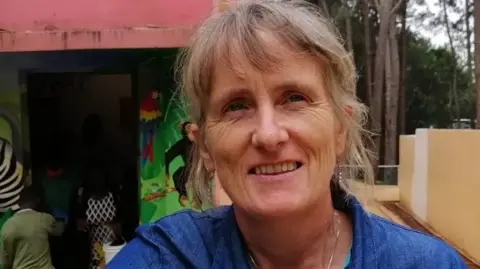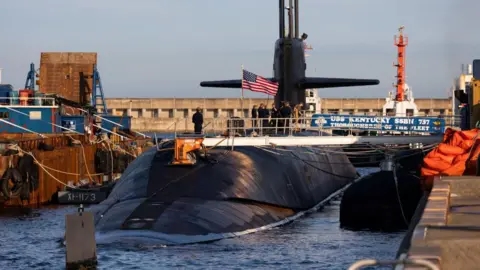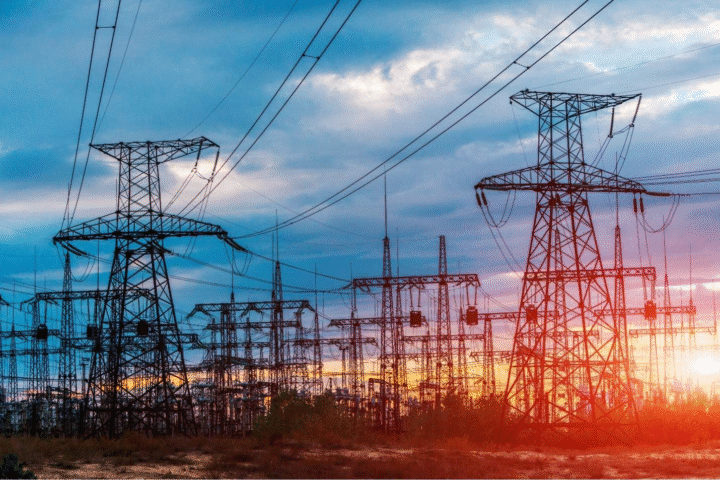As Azerbaijan continues its crackdown on dissent, critics accuse European leaders of turning a blind eye to human rights abuses in exchange for energy security. The recent 15-year prison sentence handed to activist Bahruz Samadov has intensified scrutiny over the EU’s relationship with Baku, particularly as it seeks alternatives to Russian gas.
Samadov, a 30-year-old academic, was convicted of treason—a charge he denies—marking one of the harshest punishments under President Ilham Aliyev’s long-standing rule. While his supporters blame Azerbaijani authorities, frustration has also mounted toward the EU, which has deepened ties with Baku despite growing repression.
Since Russia’s invasion of Ukraine, Azerbaijan has emerged as a strategic energy partner for Europe. In 2022, European Commission President Ursula von der Leyen praised the country as a crucial ally in reducing reliance on Russian gas. But critics argue this partnership has emboldened Aliyev, who has tightened his grip on power—consolidating control over Nagorno-Karabakh, securing a fifth term in a disputed election, and silencing opposition voices.
Despite calls from the European Parliament for sanctions, top EU officials have avoided strong public condemnation. During a visit to Baku earlier this year, the bloc’s foreign policy chief emphasized cooperation while journalists faced detention. Aliyev has justified arrests by accusing activists and reporters of foreign influence—a claim dismissed by rights groups.
The EU insists it remains critical of Azerbaijan’s rights record behind closed doors. A spokesperson stated concerns over shrinking civic freedoms and urged the release of unjustly detained individuals. Yet, with Azerbaijan supplying a growing share of gas to some EU nations—up to 40% for Bulgaria—unity on punitive measures has proven difficult.
Analysts suggest Europe’s leverage is limited. While Azerbaijani gas isn’t indispensable, diversification remains a priority to weaken Russian dominance. Meanwhile, Aliyev has bolstered his international standing by supporting Ukraine—a rare move among Moscow-aligned former Soviet states—even as tensions with Russia escalate.
As Azerbaijan navigates shifting alliances, its leadership appears adept at leveraging geopolitical tensions. One EU diplomat admitted frustration over Baku’s rights abuses but conceded little can be done. Meanwhile, activists like Samadov’s supporters fear the cost of Europe’s silence—both for democracy in Azerbaijan and the credibility of its own principles.









